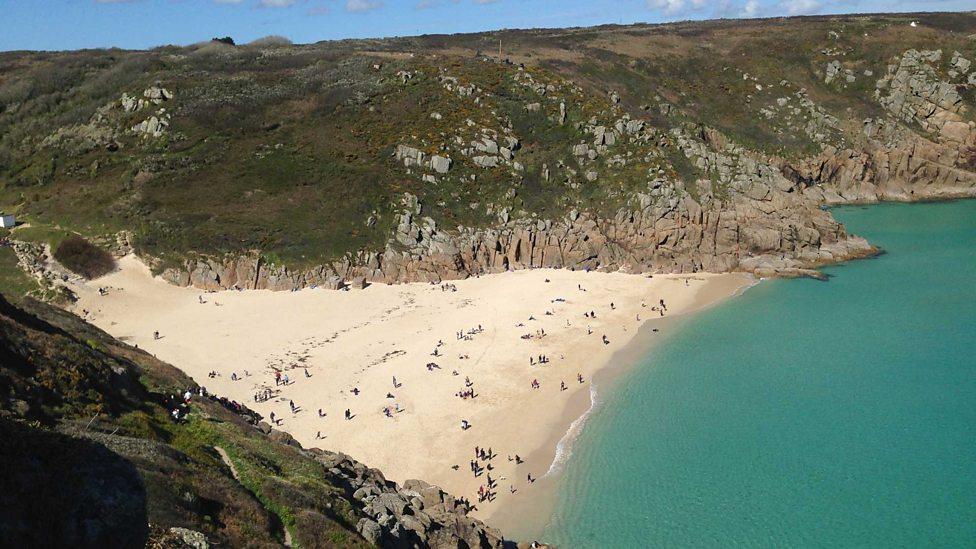Cornwall holidaymakers urged to avoid most popular spots
- Published
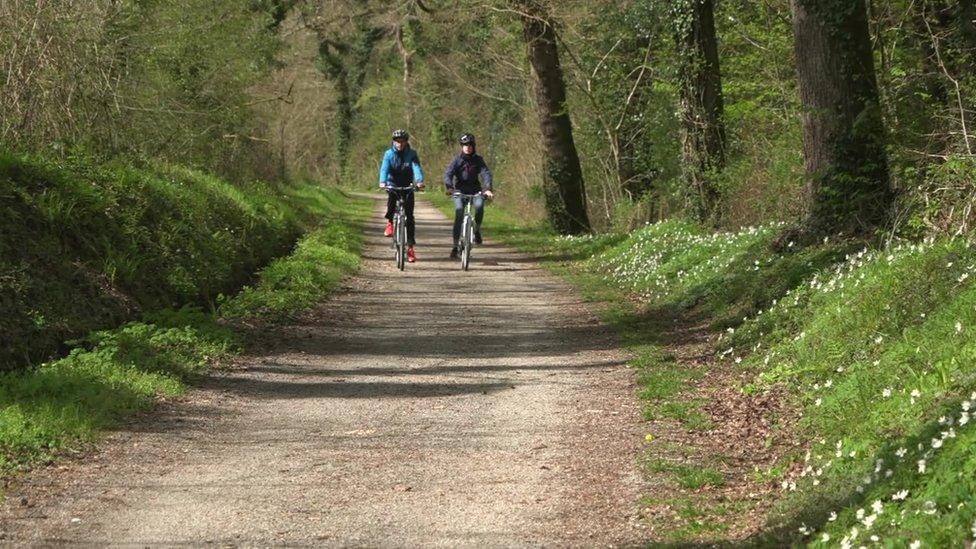
A cycle trail near Bodmin which is among inland towns being promoted
Tourism chiefs are promoting less well known spots in Cornwall to try and avoid overcrowding in the summer.
In a national survey more than 50% of holidaymakers said the county was too busy in the summer, a tourism meeting was told.
Places like south east Cornwall, Bude and inland towns like Bodmin, are being promoted to spread the pressure.
Visit Cornwall said it was also promoting Cornwall as a year-round destination to avoid overcrowding.
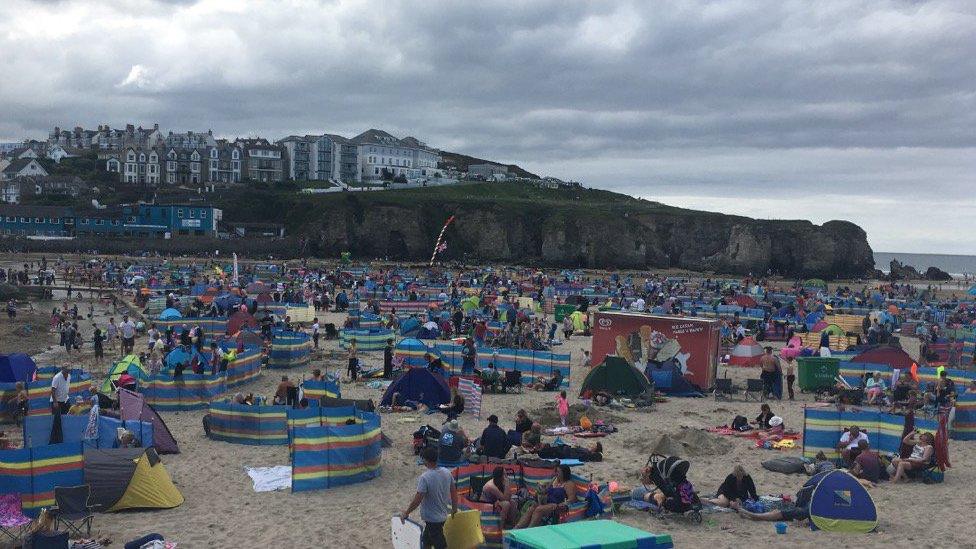
Perranporth is among Cornwall's most popular beaches
A Visit Cornwall survey asked 1,700 people their opinions of holidaying in Cornwall and 55% said it was too busy in the summer, the tourism conference was told.
Roads to popular places like Kynance Cove and Porthcurno, have become clogged with traffic in the past.
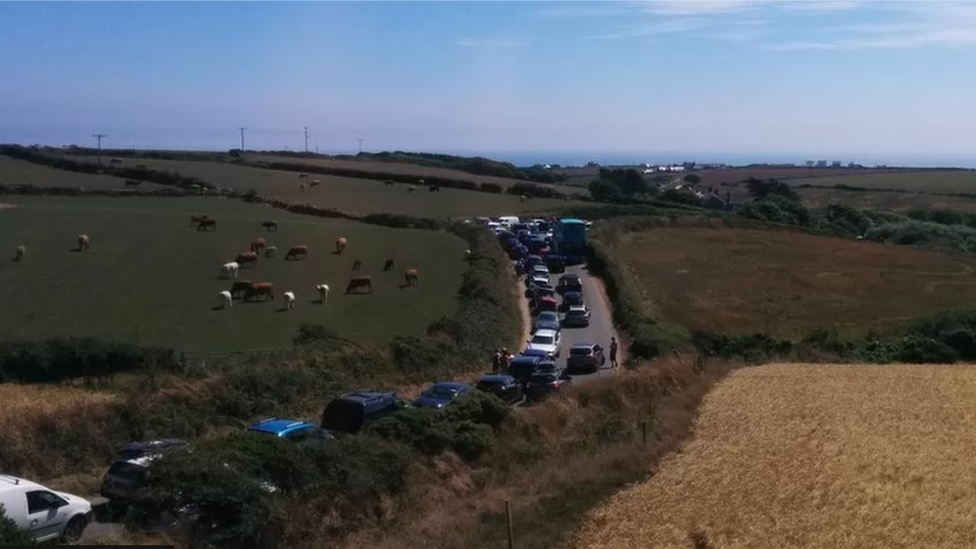
Visit Cornwall wants to avoid situations like this in which traffic clogs a road to popular Porthcurno
Malcolm Bell, Visit Cornwall's interim chairman, said: "We are creating a buzz and awareness around visiting in spring, early summer and the autumn months, when those of us who live here know it can be just as beautiful.
"Wildlife experiences, such as feeding deer at Boconnoc or the seals at Gweek, are becoming more popular, as is anything targeted at dog owners."
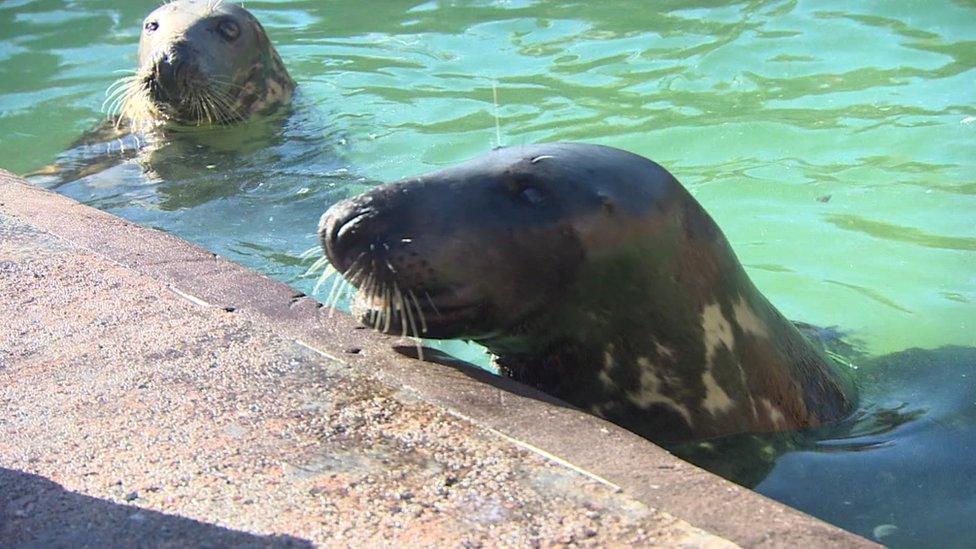
Seals at the Cornish Seal Sanctuary at Gweek are becoming more popular says Visit Cornwall
The meeting also heard that a hosepipe ban in Cornwall is expected to run until December, said the Local Democracy Reporting Service (LDRS).
A ban, which started in August 2022 in Cornwall and part of north Devon, was extended in Devon on Tuesday.
Water levels at reservoirs like Roadford in Devon are still significantly down on normal levels.
Mike Wigmore, head of metering at SWW, told the meeting: "I'd be very surprised if the hosepipe ban is turned off before December.
"The next stage would be a non-essential use ban, which would mean car washes and hot tubs would have to be turned off, but we're trying to avoid that.
"If there's a worst case scenario that could happen in July or August".
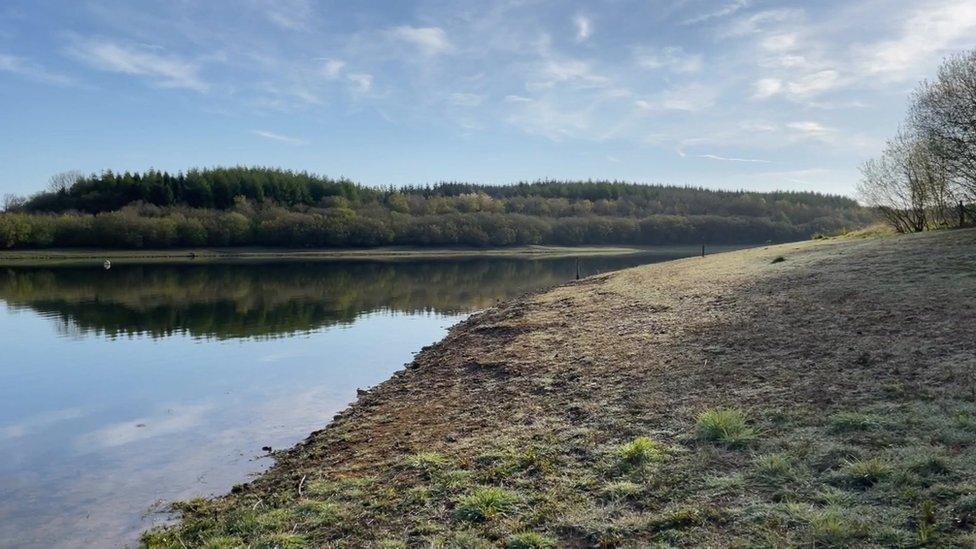
Water levels at reservoirs like Roadford in Devon are still significantly down on normal levels

Follow BBC News South West on Twitter, external, Facebook, external and Instagram, external. Send your story ideas to spotlight@bbc.co.uk.
- Published25 April 2023
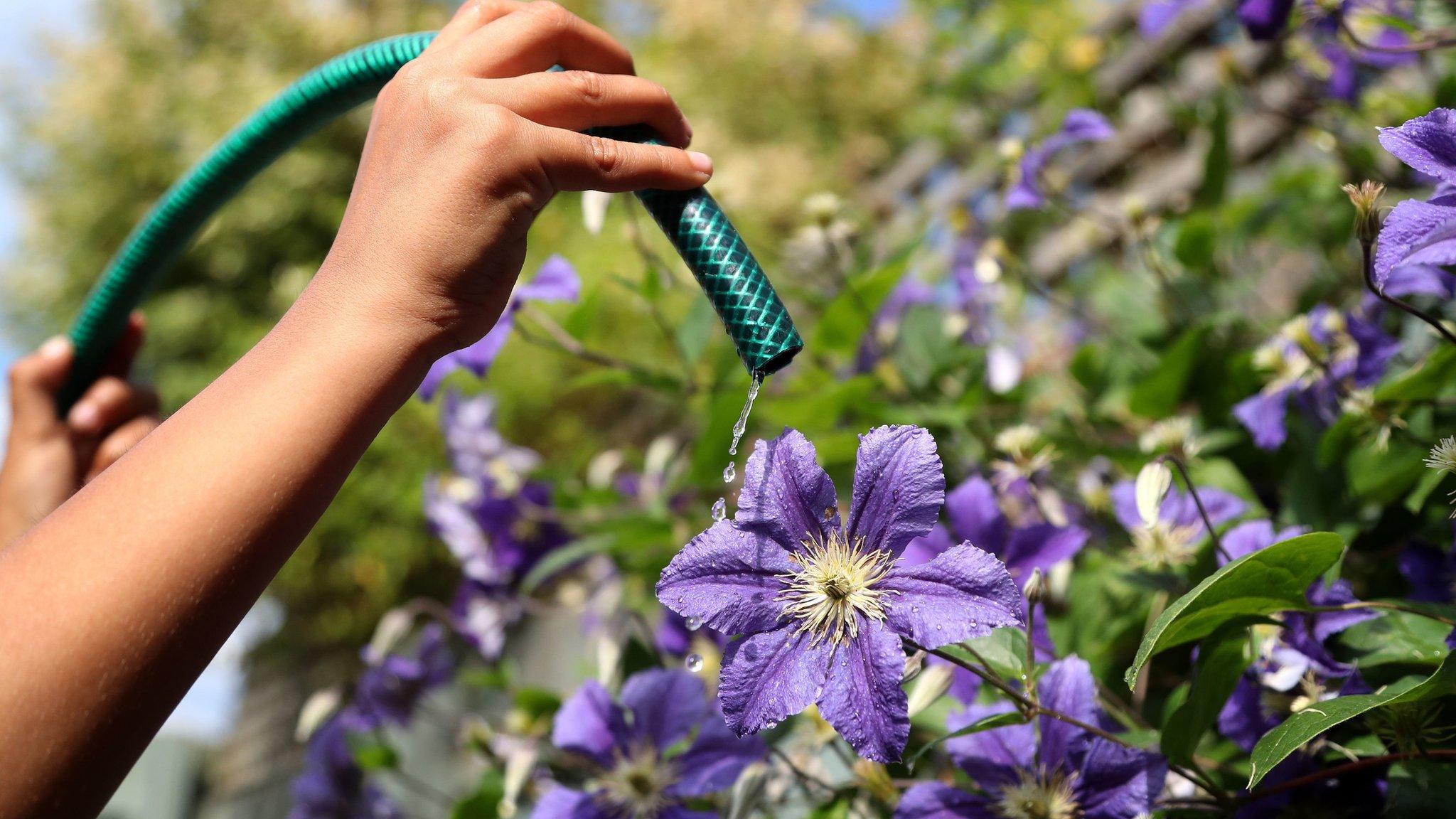
- Published20 April 2021
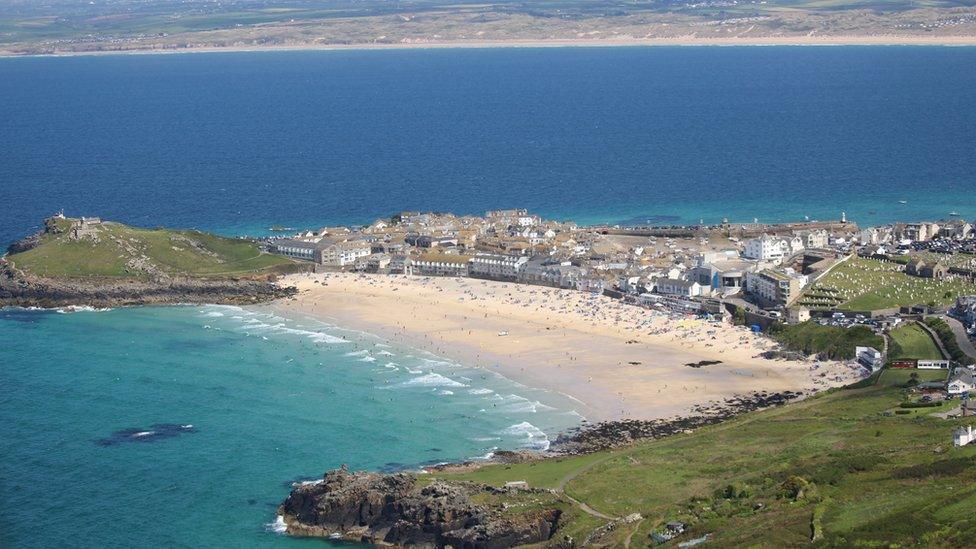
- Published13 August 2018
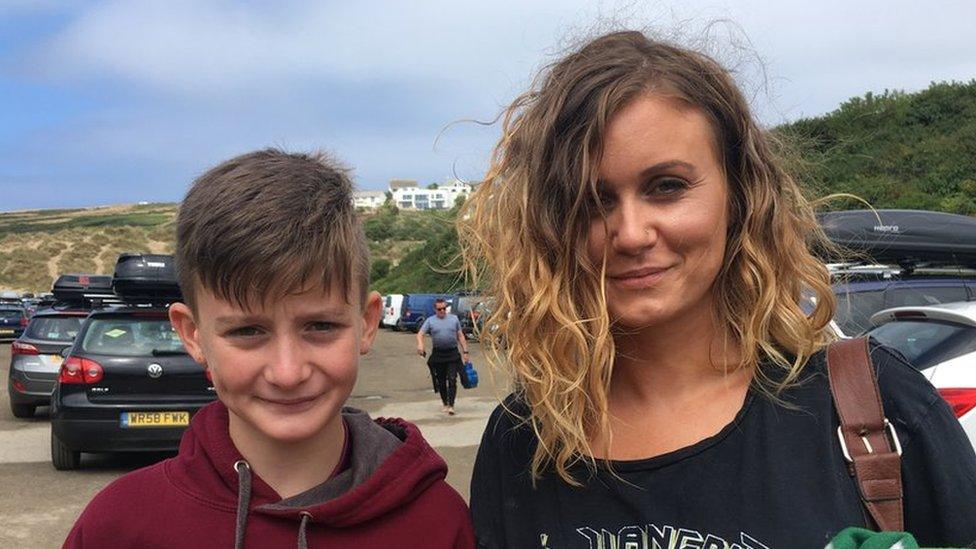
- Published12 August 2018
